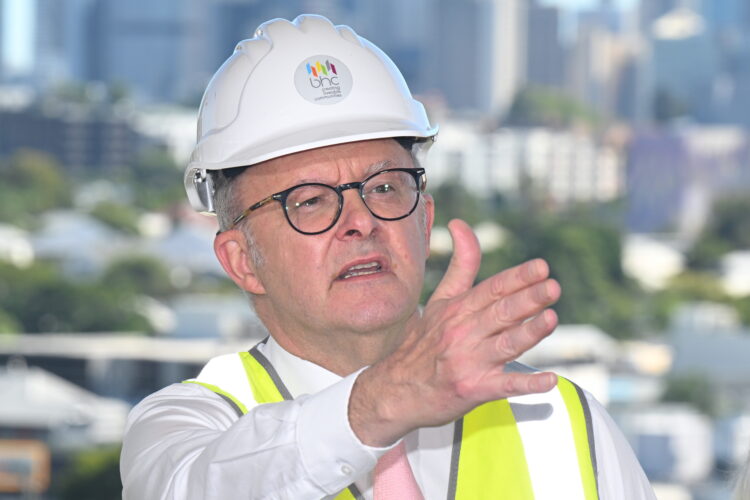Australian universities slash costs, staff and courses, while lavishing hundreds of millions on themselves
Australia’s universities spend hundreds of millions of dollars on travel, marketing and consultants, while cutting costs, staff and courses, according to new research by The Australia Institute.
The report, Elective Spending at Australian Universities, exposes the enormous sums university executives spend on themselves, with little oversight or transparency.
The boom in discretionary spending comes at a time when Australian universities are plummeting down international rankings, largely due to sweeping cuts in core areas of their business, like employing teachers and providing high-quality courses for students.
The report finds there is no reason for our uni’s to cry poor, with most holding vast reserves of assets. The Australian National University’s own annual report states it has net assets worth $3.65 billion.
Key findings:
- In 2023, Australia’s public universities spent at least $363 million on advertising, marketing and promotion.
- Ten universities spent $390 million on travel in 2023. ANU spent $42 million on travel, including $11 million on executive travel.
- In 2023, 27 of Australia’s public universities spent $410 million on consultants, or roughly $15 million each.
“Instead of crying poor, university leaders need to show their staff and students how the enormous wealth they already have is being used,” said Joshua Black, Postdoctoral Research Fellow at The Australia Institute and author of the report.
“Universities are knowledge-making institutions. They don’t need to spend up to $50 million on external advice to be capable of making strategic decisions.
“Instead of spending millions of dollars competing with one another using advertising campaigns that no longer work, universities could improve their reputations by investing properly in staff and lifting the quality of their courses.
“Improved disclosure rules would allow the public to see how much universities spend on their overseas travel, and how fairly that money is distributed among ordinary and executive staff.”
